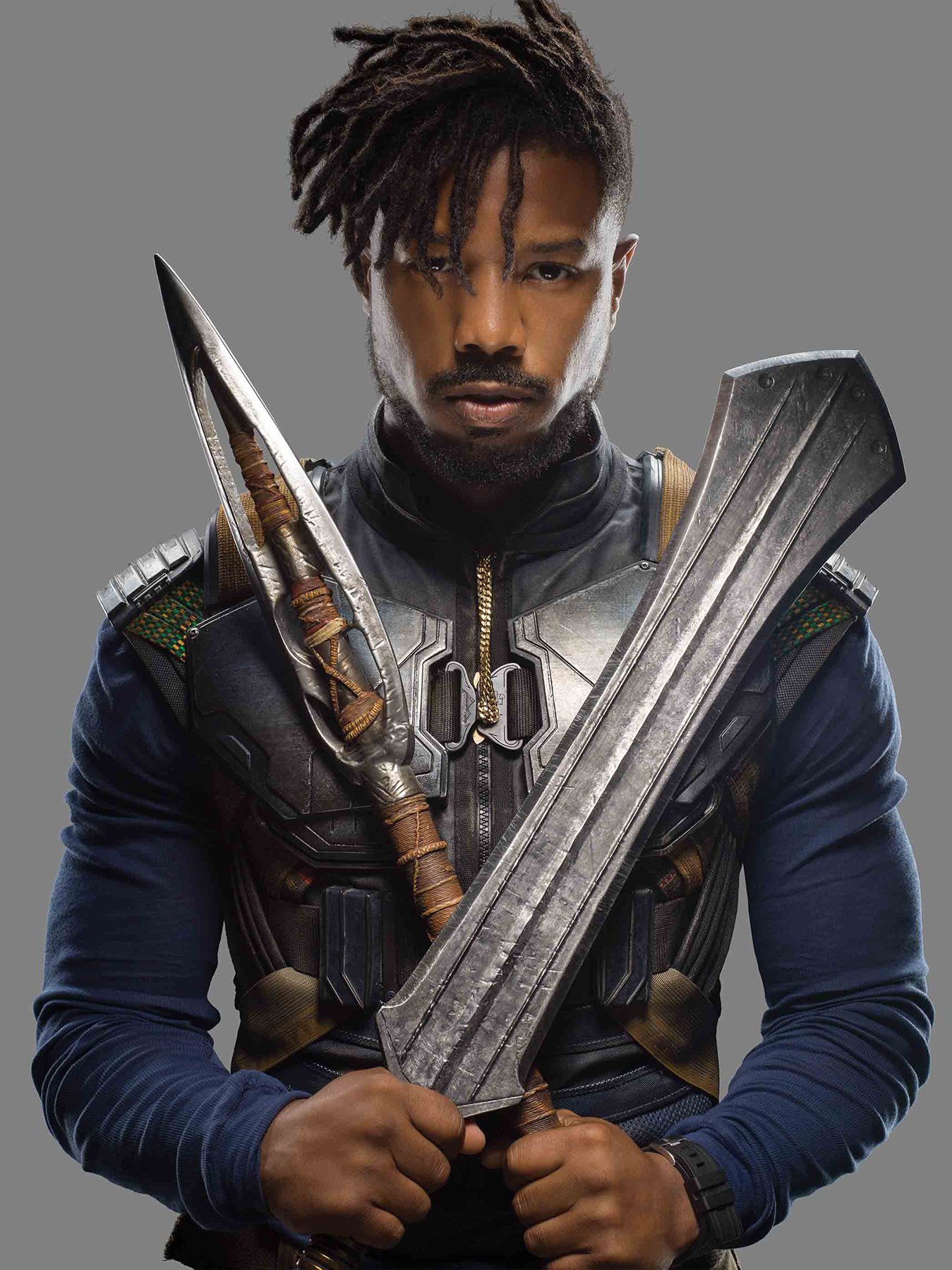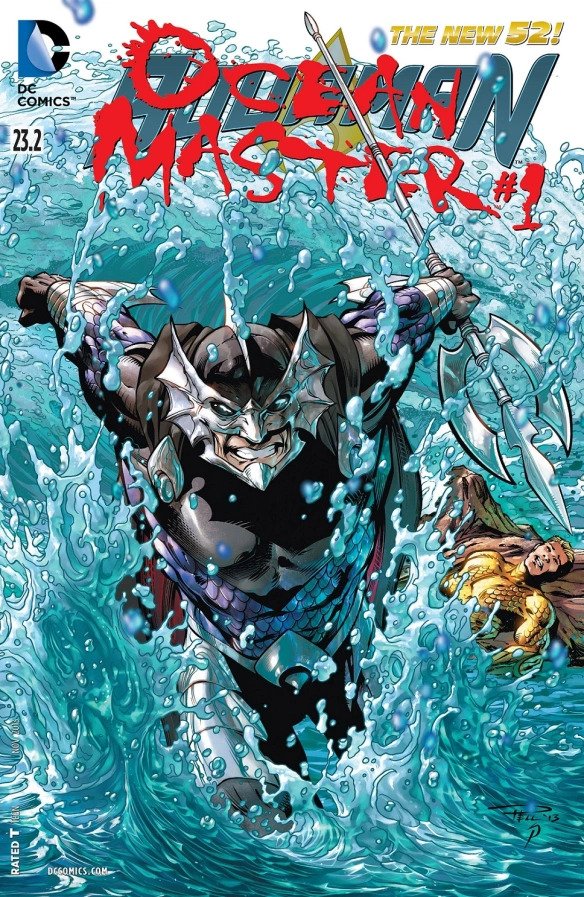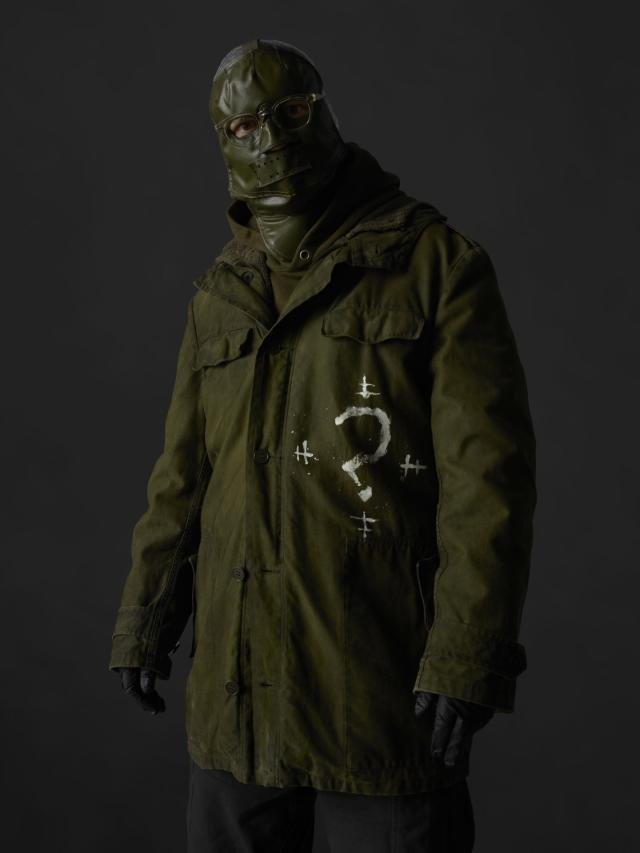Understanding sympathy for villains: analyzing complex motivations in superhero films
In this article, I explore my empathy towards villains in superhero movies and they understandable motivations for their actions, even if those actions may be extreme or violent.
While society has always held superheroes and their heroic deeds in the highest regard, I have always appreciated the villain more than the hero.
I have always been more nuanced in my thinking towards criminality and started at an early age to see flaws in traditional depictions of superheroes' so-called morality.
Villains always have an interesting story behind their actions, which makes them more human and relatable. They traditionally have political motivations, a tragic backstory that has been the cradle of their villainy, which makes them more charismatic, accessible, and interesting.
I support them. I mean, all those who have been victims of discrimination will too, no?
I look at them beyond the binary of good versus evil, and their relatable rage forces me to applaud for all of their aggressive actions, which radically differ from the hero's activities.
However, the film industry, like society, often induces the audience to believe that their violent actions are wrong, and that everyone who uses it would, therefore, be doomed as a bad person.
This black-and-white view of morality fails to recognize the complexities of human behavior and the nuances that come with it. Villainy is not always born purely out of malice, but may be a result of a life full of trauma, injustice, and hardship. With the knowledge of the former life of the so-called antagonist, violence becomes legitimate.
When violence is the only form of resistance or survival available, it's called self-defense, right?
For instance, in the X-Men franchise, Professor X and Magneto have different approaches towards mutant coexistence. While Professor X longs for peaceful coexistence, even though he has witnessed multiple times that it isn't possible, his desire to fit in is far too strong. He will eventually use drugs to annihilate his powers so he could walk. Rather be a human than a mutant in a wheelchair, his desire to fit is clearly rooted in self-hatred.
On the other side, Magneto understands that humans cannot tolerate difference and is committed to protecting mutant-kind at all costs.
Having lived through the horrors of the Holocaust, he has experienced firsthand humanity's capacity for genocide.His desire to protect his fellow mutants at all costs, even if it means using violent methods, makes him the anti-hero.
In the case of Orm, he has lived for a century under the sea polluted by humans.
He has seen his children poisoned and his animals murdered. When he finally decides to act to save his people's environment, when he finally decides to take legitimate revenge, he is labeled a villain by society.
Killmonger, on the other hand, has experienced firsthand the oppression and marginalization of black people in America, which fuels his desire to overthrow the oppressive systems that have kept his people down for centuries.
As they demonstrate that heroism and villainy are not black and white concepts, but rather complex and nuanced ones that are shaped by individual experiences, motivations, and circumstances, the portrayal of characters like Orm and Killmonger should challenge our assumptions and biases and force us to reconsider how we view heroism and villainy.
For example, The Riddler in Batman draws attention to how institutionalized power can be used to benefit the few at the expense of the many.
However, his methods are deemed criminal, and he is once again seen as a villain.
The reason these characters are often labeled as villains, not heroes, is the way they seek to effect change, rather than the changes they are seeking. Society often judges individuals as "good" or "bad" solely based on their actions, without considering the morality behind those actions. This demonstrates how biases and values can influence our perceptions of right and wrong.
The legal system is responsible for determining when acts of self-defense are permissible, but don't you think societal prejudices can have an impact on the outcome of such decisions ?
In situations where marginalized people use self-defense, the criminal justice system often overlooks the subtleties, especially in situations where marginalized groups defend themselves against oppression.
We are supposed to relate to Professor X, as society wants more of him, more of self-hatred individuals and less of Magnetos, less of pride and celebration of difference.
And if one dares to challenge this favouritism, they may end up a fugitive (Magneto) a prisoner (Orm) (Riddler) or dead (Killmonger)
My empathy towards villains in superhero movies stems from their understandable motivations for their actions, and their stories resonate with our own experiences of injustice, marginalization, and disillusionment.Criminality is a social construct that is shaped by societal norms and cultural values. Popular culture, particularly comics, challenges our perceptions of right and wrong by exploring complex and nuanced portrayals of heroism and villainy.
Characters like Orm, Magneto, and Killmonger offer us a window into our biases and values, and raise questions about who gets to decide what actions are justified in the face of oppression.
REFERENCE : INSTAGRAM





